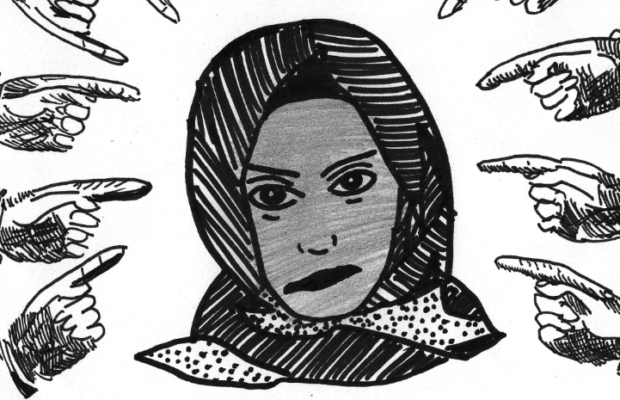Is there an inherent Islamic hostility to representation?

The issue of Islam’s attitude to free expression is back in the news with the trial having begun of 14 alleged accomplices of the gunmen who massacred ‘Charlie Hebdo’ staffers in January 2015.
The massacre, remember, was supposed to be revenge for ‘Charlie Hebdo’s’ 2006 republication of cartoons of the Prophet Muhammad, which were deemed blasphemous by some Muslims. They were originally published by a Danish newspaper in 2005.
Well, ‘Charlie Hebdo’ has, in 2020, re-re-published the cartoons. What, if anything, will the Muslim community, in France, Europe, or elsewhere, say? Is there any need to say much more than the mild commentary already elicited?
Which brings us to a related question: Does Islam proscribe all representation and prescribe censorship of unwelcome writing?
Not textually. And not through the words and actions of the Prophet Muhammad.
In the past three decades, there have been constant acts of iconoclasm and censorship by those who claim to adhere to core beliefs of Islam:
** The ‘Charlie Hebdo’ massacre.
** Roughly five years ago, the extremist group ISIS smashed statues and demolished architectural structures in Syria, Iraq and Libya.
** The Taliban demolished the giant 6th century Bamiyan Buddhas in 2001.
** In 1989, Ayatollah Khomeini, leader of the Iranian revolution of 1979, imposed a death sentence by fatwa on novelist Salman Rushdie for writing ‘The Satanic Verses’.
Even though the fatwa and the shattered statues seem to elevate strict controls on representation to a core Islamic tenet, no one is able to quote a single Quranic surah that explicitly forbids figural representation or encourages the censorship of writers and artists.
The life of the Prophet Muhammad too does not offer much guidance on the issue of creative expression. For, the Prophet did not clearly and always oppose all representation. He preserved a painting of the Virgin Mary and infant Jesus when clearing out idols from the pre-Islamic pagan shrine of the Kaaba, for instance.
If anything, the interpretation that Islam is opposed to representation seems closer to a quite different source – Plato’s justification for controlling poetry and various forms of representation in Athens in the fourth century B.C.
Tomorrow: Early Muslims’ attitude to art and creative expression

